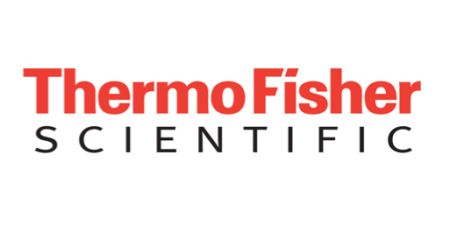The alliance will focus on two research areas:
- Metabolomics, where the Thermo Fisher Scientific team will work with the laboratories of Professor Mark Viant and Dr. Warwick Dunn, to develop and test new hardware and software approaches for metabolite detection and identification for environmental and clinical research.
- Proteomics, working with Dr Helen Cooper’s lab to exploit high resolution mass spectrometry and gas-phase ion chemistry for top-down and bottom-up analysis of proteins.
The Technology Alliance Partnership establishes a broad collaboration
between Thermo Fisher Scientific and the University of Birmingham. It
includes: engaging in research, sharing samples and data that could lead
to development of better techniques, exchanging ideas for improving
instrument and software performance, ongoing conversations about current
technology issues, promoting the training of graduate students, and
publishing new methodology and scientific advances.
Thermo Fisher’s Technology Alliance Partnership program is an ongoing
initiative to drive innovation through the sharing of ideas and
expertise between a number of academic research laboratories and the
company.
“The University of Birmingham scientists share our drive to make the
world healthier, cleaner and safer,” said Iain Mylchreest, vice
president, research and development, Thermo Fisher. “We look forward to
a very productive collaboration with this innovative, creative group for
advancing metabolomic and proteomic research.”
“We are excited to become Thermo Fisher Scientific’s first Technology
Alliance Partner within Europe,” said Professor Adam Tickell, the
University’s pro vice chancellor for research and knowledge transfer.
“We anticipate that innovations from this research will translate
directly into improved healthcare and environmental diagnostics. We are
particularly excited by Thermo Fisher’s commitment to supporting
graduate research.”
The partnership builds upon the University of Birmingham’s Systems
Science for Health initiative, which focuses on introducing a variety of
life science technologies into clinical research. It follows almost a
decade of collaboration between the two organizations.
Source: Thermo Fisher Scientific Inc.























